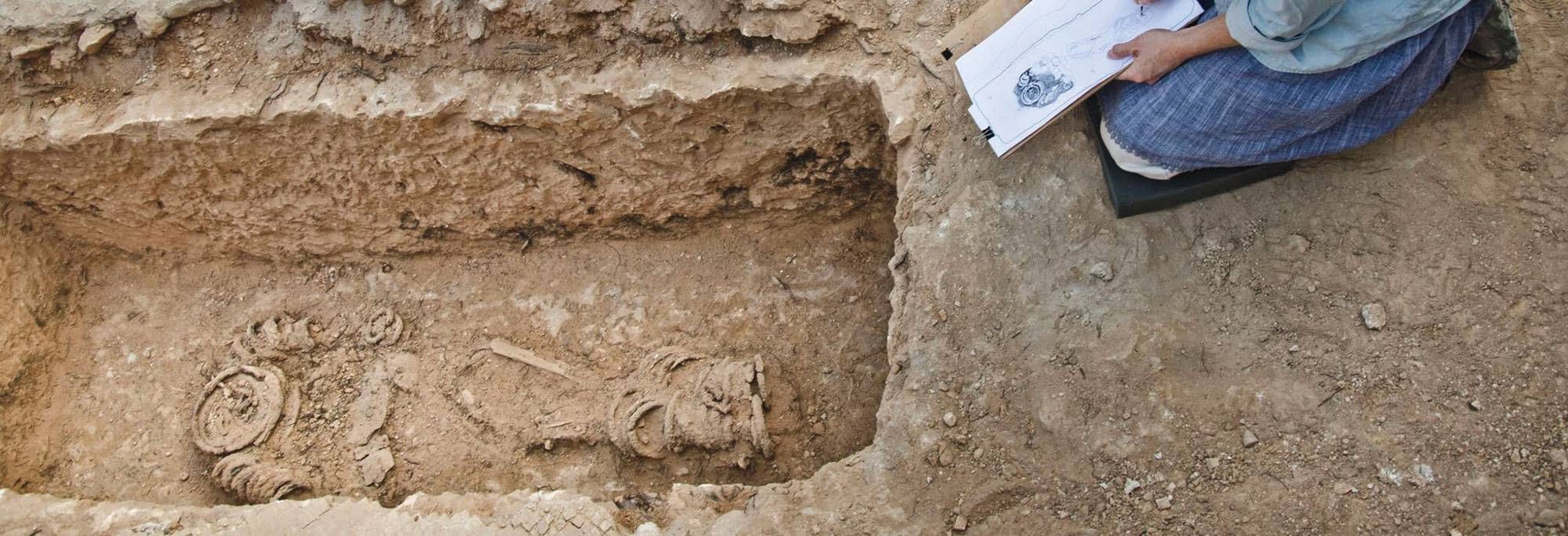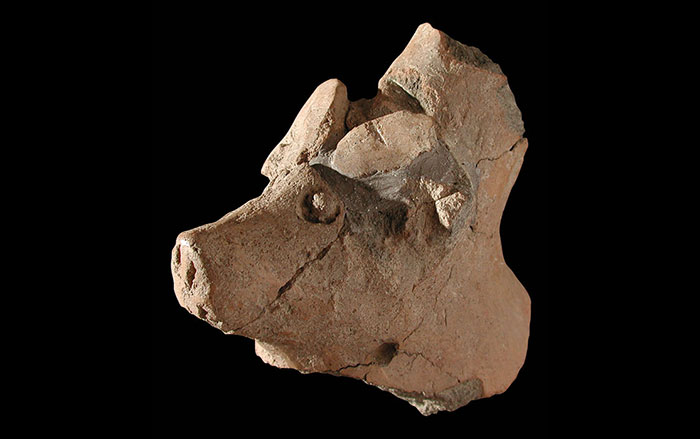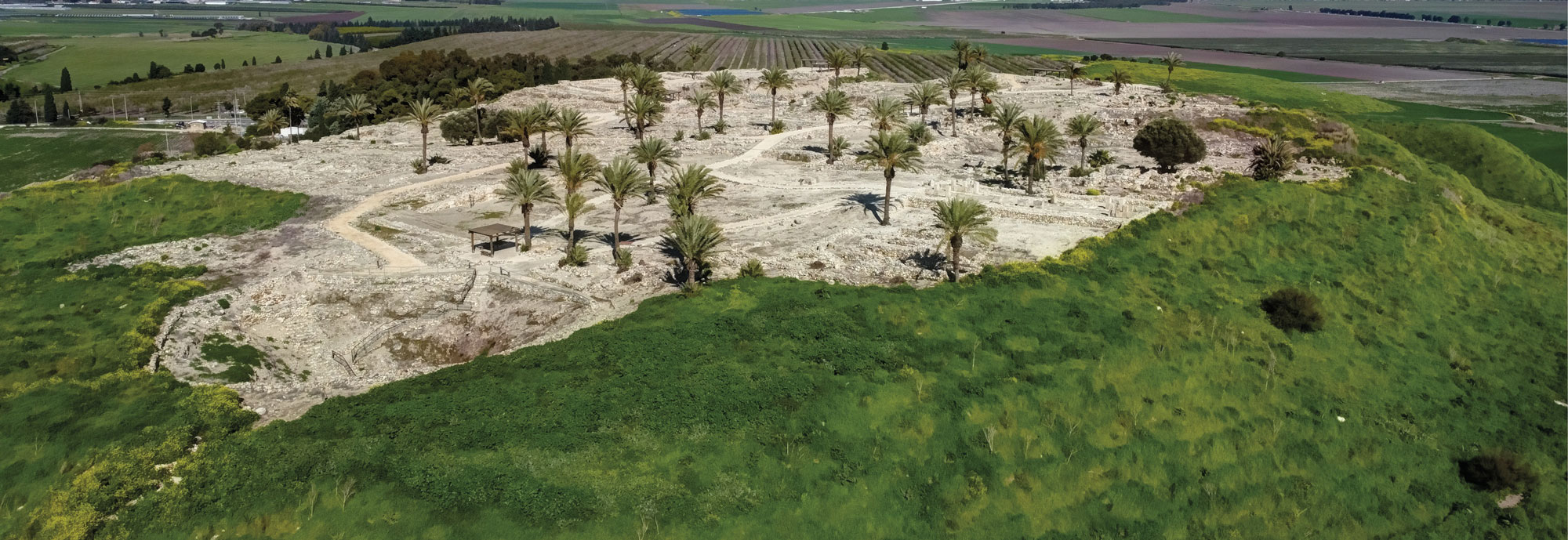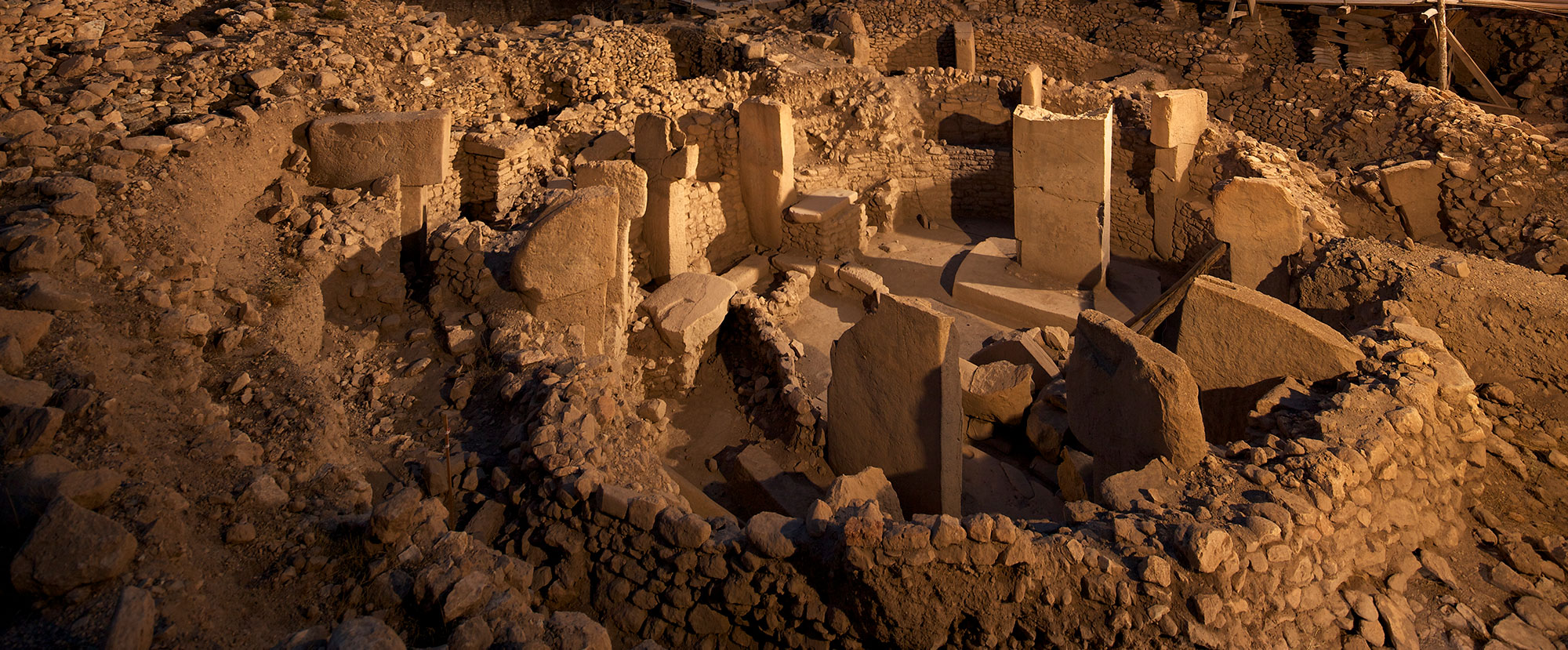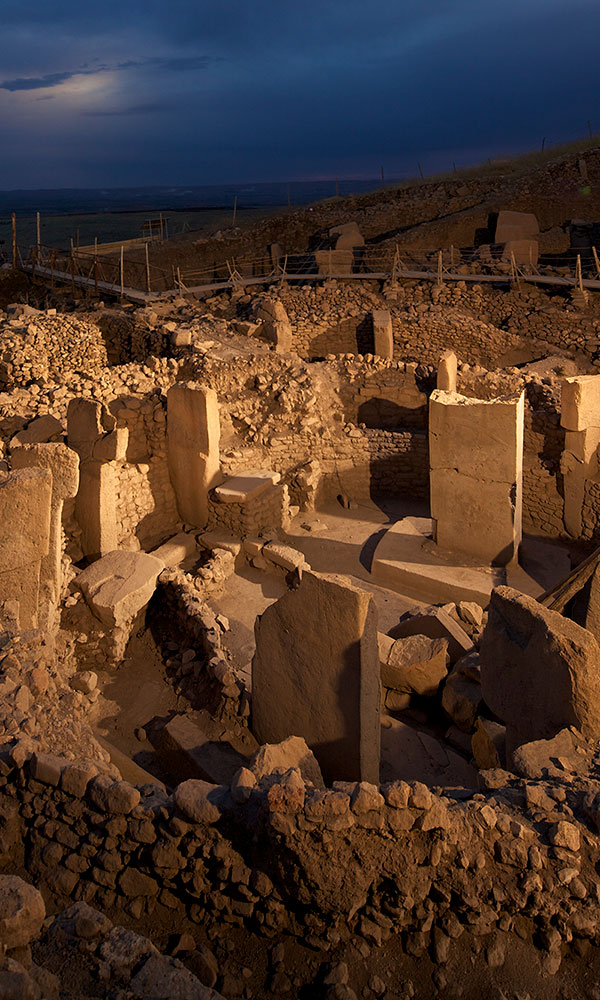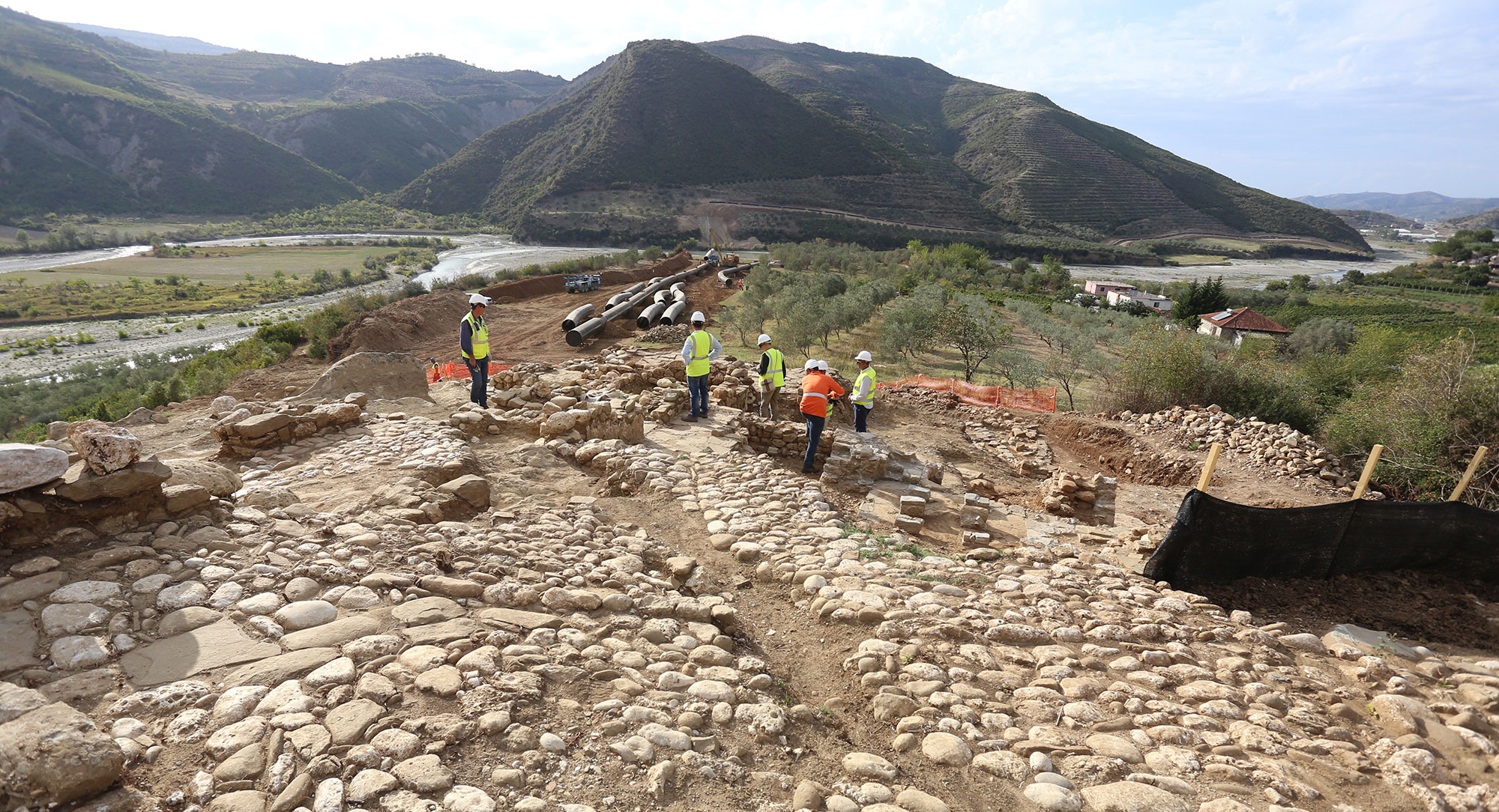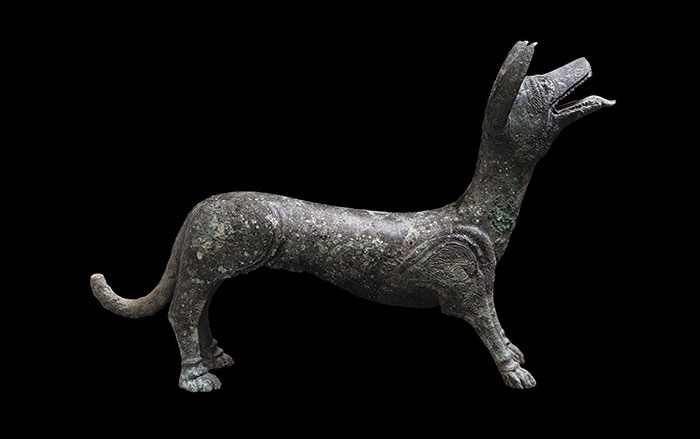
HAIFA, ISRAEL—According to a report in Haaretz, Byzantine farmers in the Negev Desert kept pigeons primarily as a source of fertilizer, and not as a source of meat. Nimrod Marom of the University of Haifa and Tel Hai College, Guy Bar-Oz and Yotam Tepper of the University of Haifa, and Baruch Rosen of the Volcani Center compared the skull and skeleton measurements of pigeons from multiple 1,500-year-old dovecotes at the sites of Shivta and Saadon, and compared them with other collections of pigeon bones. They found the Negev birds were much smaller than those known to have been bred for their meat. And, the farmers placed their dovecotes in the middle of agricultural fields, usually about one-half mile away from their own homes, which also suggests the birds were not consumed. The scientists estimate the 1,200 to 1,600 birds living in one of the dovecotes could have produced as much as 12 to 15 tons of guano per year that could be used to nourish grapes, olives, and other crops. To read about another recent discovery in Israel, go to “Gods of the Galilee.”


